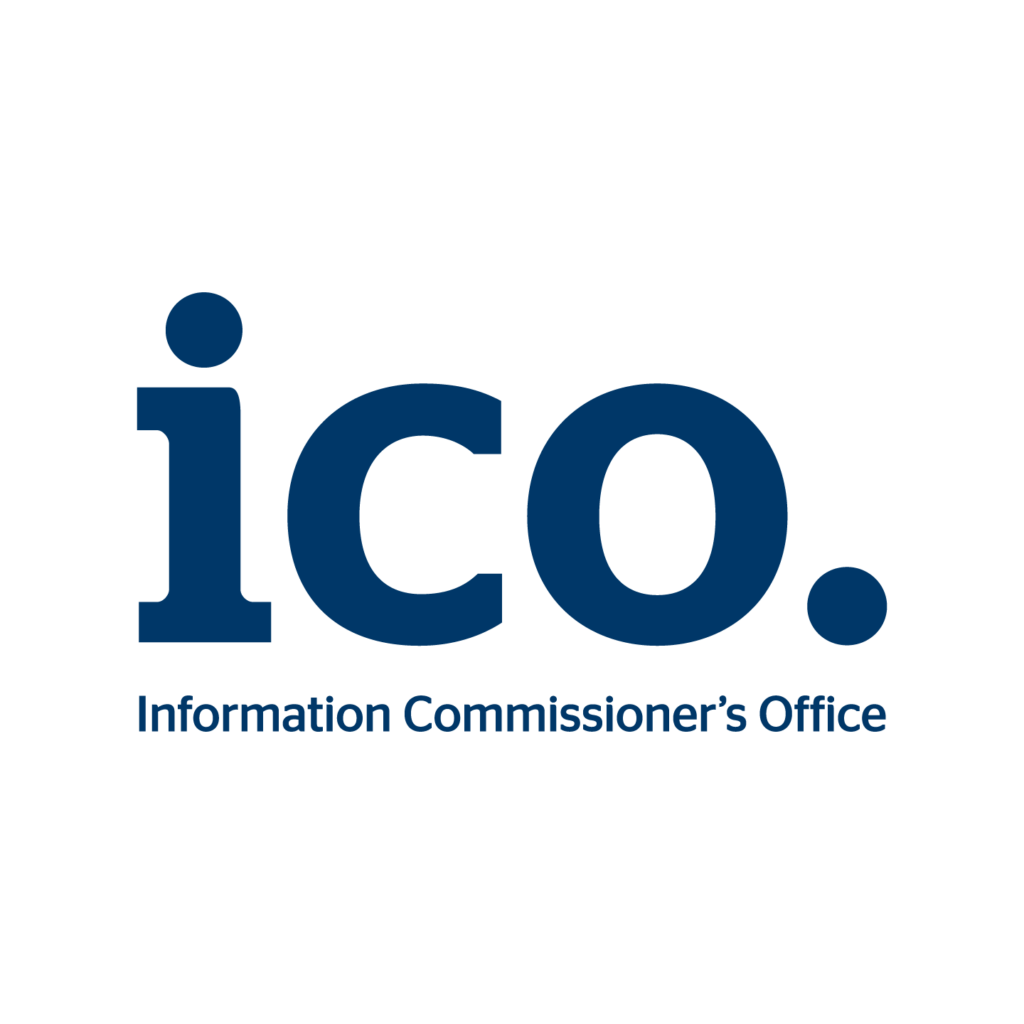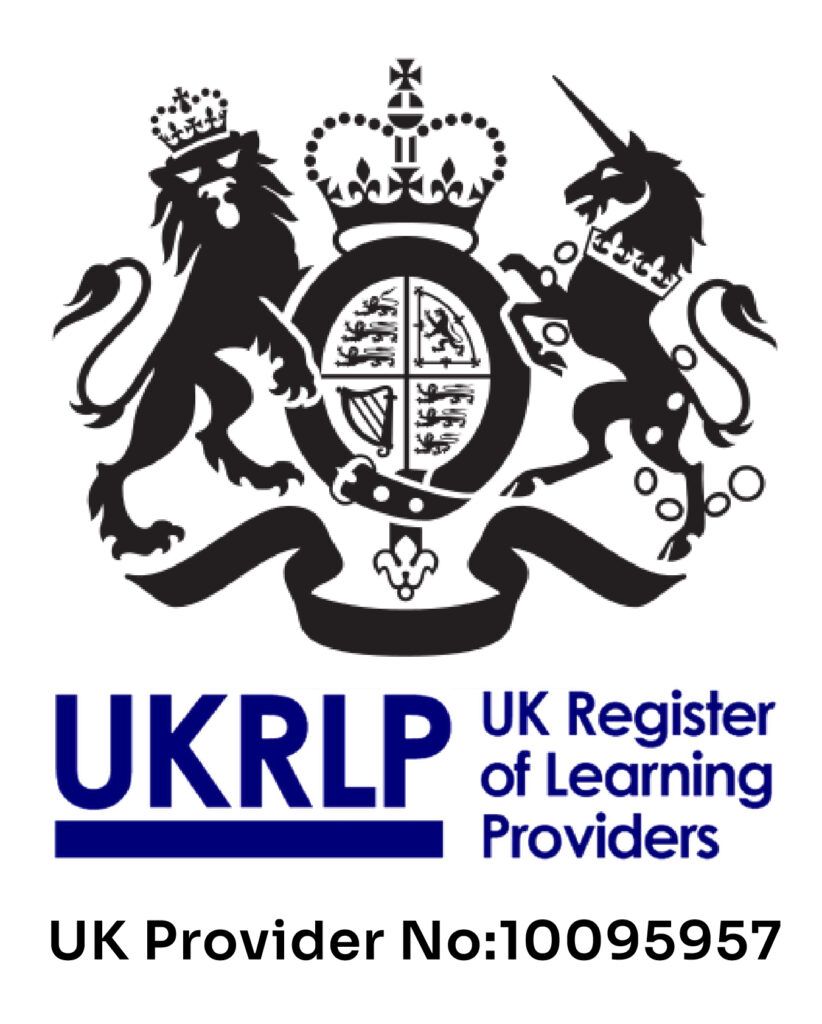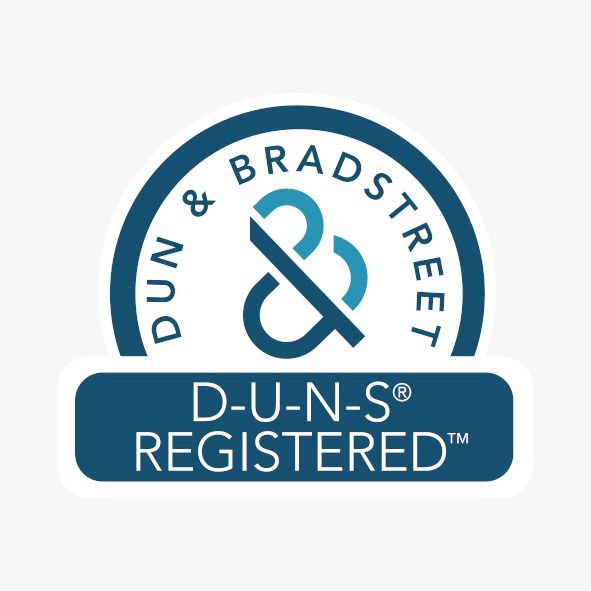Mean Stack
Course Overview
Module 1: Introduction to MEAN Stack
Overview of MEAN stack
- Understanding the components: MongoDB, Express.js, Angular, and Node.js
- Benefits of using the MEAN stack
- Setting up the development environment
- Module 2: Node.js Fundamentals
- Introduction to Node.js
- Understanding asynchronous programming
- Node.js architecture and its advantages
- Core Modules in Node.js
- File system
- HTTP module
- Path module
- Building a basic server with Node.js
- Introduction to npm (Node Package Manager)
- Installing and managing packages
Module 3: MongoDB Basics
- Introduction to NoSQL databases
- Difference between SQL and NoSQL databases
- MongoDB overview
- Collections and documents
- MongoDB CRUD operations
- Using Mongoose for MongoDB
- Schemas and models
- Validations and middleware
Module 4: Express.js Essentials
- Introduction to Express.js
- Creating a basic Express server
- Middleware in Express
- Routing with Express.js
- Defining routes and handling requests
- Route parameters and queries
- Building RESTful APIs with Express.js
- REST API principles
- Implementing CRUD operations
Module 5: Angular Fundamentals
- Introduction to Angular
- Angular architecture and components
- Setting up an Angular project
- TypeScript Basics
- Understanding TypeScript features
- Integrating TypeScript with Angular
- Angular Modules and Components
- Creating and using components
- Data binding and component interaction
- Directives and Pipes
- Built-in directives
- Creating custom directives and pipes
- Services and Dependency Injection
- Creating and using services
- Dependency injection in Angular
Module 6: Building a Full-Stack Application
- Connecting Angular with Express API
- Making HTTP requests from Angular to Express
- Handling responses and errors
- User Authentication and Authorization
- Implementing authentication with JWT (JSON Web Tokens)
- Protecting routes and managing user sessions
- Real-time Communication with Socket.io
- Introduction to WebSockets
- Integrating Socket.io with Node.js and Angular
Module 7: Advanced Topics and Best Practices
- Application Security
- Securing Node.js applications
- Best practices for authentication and authorization
- Performance Optimization
- Caching strategies
- Load balancing and scaling applications
- Testing MEAN Stack Applications
- Unit testing in Node.js and Angular
- End-to-end testing with Protractor and Jasmine
Module 8: Deployment and Maintenance
- Deploying MEAN Stack Applications
- Deployment strategies
- Using cloud services (e.g., AWS, Heroku)
- Monitoring and Maintenance
- Application logging and monitoring
- Handling errors and application updates
Capstone Project
- Building a real-world MEAN stack application
- Project planning and requirement analysis
- Application development and testing
- Deployment and presentation of the project
Additional Resources
- Recommended books and online resources
- Community and support channels
This syllabus provides a comprehensive guide for learning and mastering the MEAN stack, from basic concepts to advanced techniques, including a capstone project to apply the knowledge in a real-world scenario.
Module 1: Introduction to MEAN Stack
Overview of MEAN stack
- Understanding the components: MongoDB, Express.js, Angular, and Node.js
- Benefits of using the MEAN stack
- Setting up the development environment
- Module 2: Node.js Fundamentals
- Introduction to Node.js
- Understanding asynchronous programming
- Node.js architecture and its advantages
- Core Modules in Node.js
- File system
- HTTP module
- Path module
- Building a basic server with Node.js
- Introduction to npm (Node Package Manager)
- Installing and managing packages
Module 3: MongoDB Basics
- Introduction to NoSQL databases
- Difference between SQL and NoSQL databases
- MongoDB overview
- Collections and documents
- MongoDB CRUD operations
- Using Mongoose for MongoDB
- Schemas and models
- Validations and middleware
Module 4: Express.js Essentials
- Introduction to Express.js
- Creating a basic Express server
- Middleware in Express
- Routing with Express.js
- Defining routes and handling requests
- Route parameters and queries
- Building RESTful APIs with Express.js
- REST API principles
- Implementing CRUD operations
Module 5: Angular Fundamentals
- Introduction to Angular
- Angular architecture and components
- Setting up an Angular project
- TypeScript Basics
- Understanding TypeScript features
- Integrating TypeScript with Angular
- Angular Modules and Components
- Creating and using components
- Data binding and component interaction
- Directives and Pipes
- Built-in directives
- Creating custom directives and pipes
- Services and Dependency Injection
- Creating and using services
- Dependency injection in Angular
Module 6: Building a Full-Stack Application
- Connecting Angular with Express API
- Making HTTP requests from Angular to Express
- Handling responses and errors
- User Authentication and Authorization
- Implementing authentication with JWT (JSON Web Tokens)
- Protecting routes and managing user sessions
- Real-time Communication with Socket.io
- Introduction to WebSockets
- Integrating Socket.io with Node.js and Angular
Module 7: Advanced Topics and Best Practices
- Application Security
- Securing Node.js applications
- Best practices for authentication and authorization
- Performance Optimization
- Caching strategies
- Load balancing and scaling applications
- Testing MEAN Stack Applications
- Unit testing in Node.js and Angular
- End-to-end testing with Protractor and Jasmine
Module 8: Deployment and Maintenance
- Deploying MEAN Stack Applications
- Deployment strategies
- Using cloud services (e.g., AWS, Heroku)
- Monitoring and Maintenance
- Application logging and monitoring
- Handling errors and application updates
Capstone Project
- Building a real-world MEAN stack application
- Project planning and requirement analysis
- Application development and testing
- Deployment and presentation of the project
Additional Resources
- Recommended books and online resources
- Community and support channels
This syllabus provides a comprehensive guide for learning and mastering the MEAN stack, from basic concepts to advanced techniques, including a capstone project to apply the knowledge in a real-world scenario.
This Course Include
- Language - English
- Mode: Online
- Full lifetime access
- Certificate of Completion


